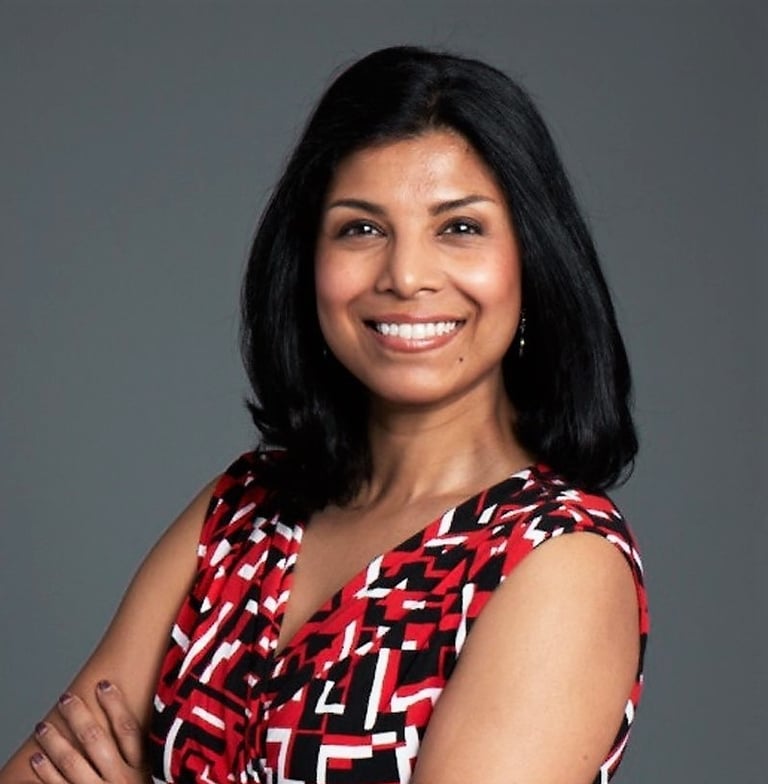

Dr. Lipi Roy
Dr. Lipi Roy is a physician, international speaker, media personality, YouTube host and founder of SITA MED, a health speaking and training company. Dr. Roy served on the frontlines during the pandemic as New York's Medical Director of COVID Isolation and Quarantine Sites; treated patients with opioid use disorder at a Bronx harm reduction clinic; and worked at multiple COVID vaccination sites. Dr. Roy currently treats patients with opioid addiction at Greenwich House Center for Healing. She is the former Chief of Addiction Medicine for Rikers Island, the nation’s 2nd-largest jail complex. As a sought-after national media medical expert, Dr. Roy is a frequent Forbes Contributor and has made over 400 appearances on MSNBC, CNN, NewsNation, The Tamron Hall Show and other media outlets.
Previously, Dr. Roy served as a primary care doctor to Boston's homeless population among whom the leading cause of death was drug overdose. She also served as an attending physician at Massachusetts General Hospital and as faculty at Harvard Medical School. Dr. Roy completed her medical and master’s in public health degrees at Tulane University, followed by residency training in internal medicine at Duke Medical Center. She serves as a member of the DukeNY Board and is an active member of the Tulane New York Chapter. Dr. Roy is currently a clinical assistant professor at Albert Einstein College of Medicine. You can follow Dr. Roy on Twitter/X, Instagram, TikTok and her YouTube channel.
Physician and Founder, SITA MED


Dr. Lipi Roy's Talk
AI has the potential to revolutionize healthcare, yet it can also create harm when misused. In this talk, Dr. Lipi Roy will examine how AI can be applied to women’s health: addressing misinformation, expanding access, and offering more personalized care for women and girls globally.
Drawing on data, lived stories, and emerging case studies, she will also raise the difficult questions we cannot yet answer. What ethical guardrails are needed? Where should human oversight begin and end? And how do we ensure AI serves as a protector, not a villain, in shaping the future of women’s health?
Protector or Villain: Can AI Be Used to Combat Medical Misinformation and Optimize Women's Health


